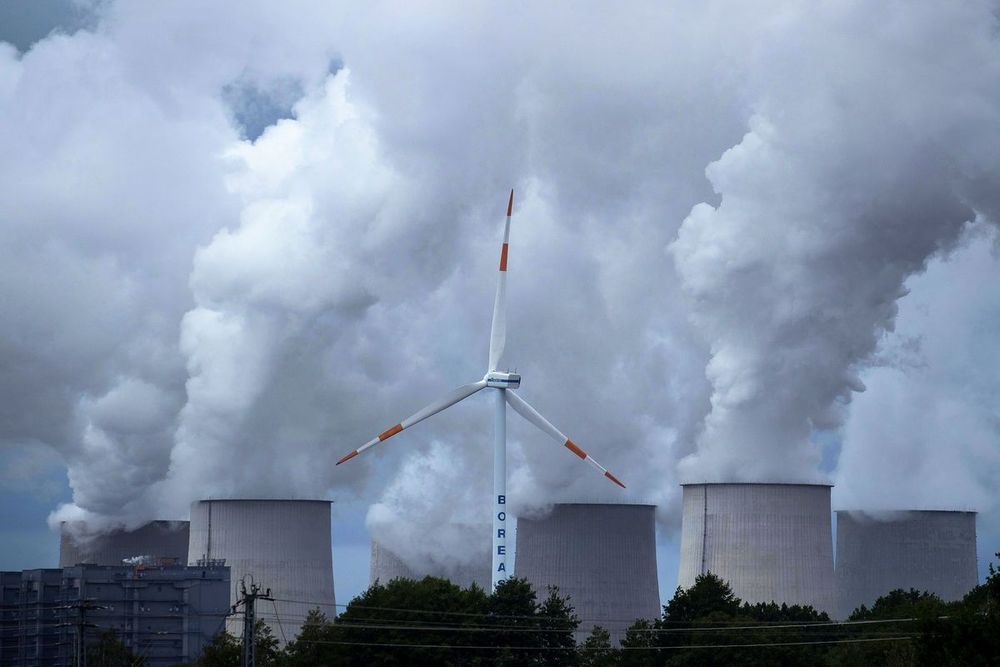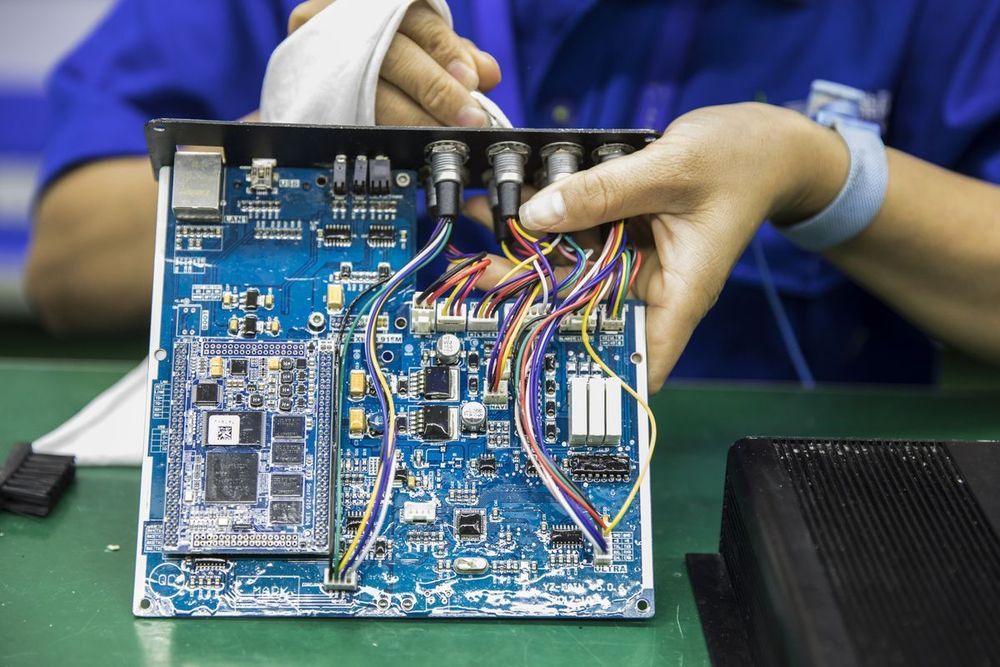As China begins to reopen its factories and return back to work, what they are returning to will not be the same…
Despite China being the worlds economic darling for the last 40 years, the balance of the worlds economic power has begun to shift to some places that you might not expect.
In fact, we are already starting to see some signs of other nations around the world, rising up in order to take away some of China’s manufacturing prowess away from them.
And who knows, we might be witnessing the creation of the next generation of economic superpowers, right infront of our very eyes.
But the reason that this is happening is a little complex. it started a few decades ago in 1970’s China when the country began shifting its economic policy away from communism, and more towards capitalism.
They soon began building specific economic zones where massive ports and factories could be built that would maximize productivity and efficiency. And once these economic zones were opened up to foreign trade and investment, China’s economy began exploding.





